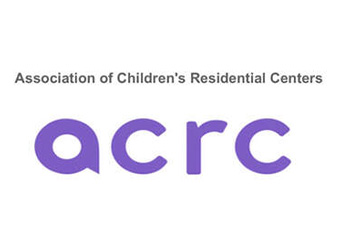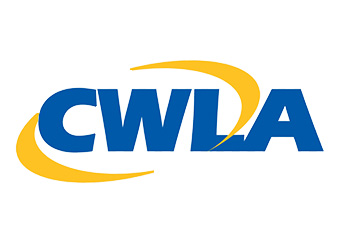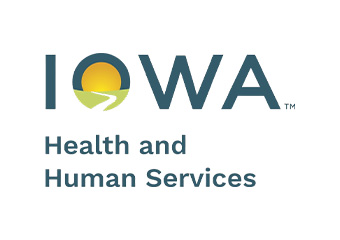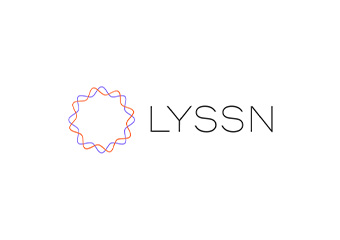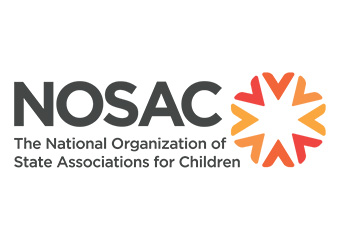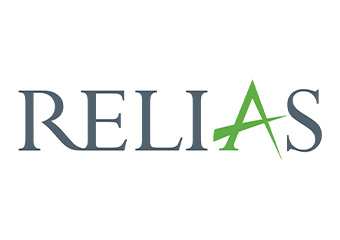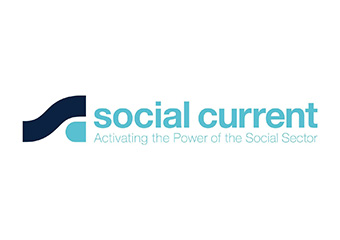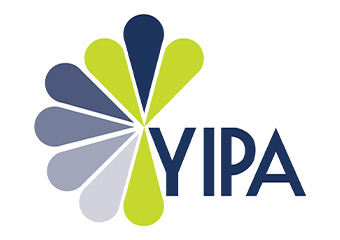Child Welfare Provider Training Academy Training(s)The Training Academy has maintained quality content and trainers since its inception in 2008. Through public and private partnerships, we strive to provide quality curriculum with expert trainers to benefit and enhance the skill set of child welfare staff in the state of Iowa. Popular CoursesBelow is a list of frequently sought-after trainings provided by the Child Welfare Provider Training Academy. In order to register for any of the below trainings, go to our calendar to find our next scheduled training. Safe In Every Place – Field Safety Essentials for Child Welfare Staff While in the field, your personal safety comes first and foremost. You must be on guard at all times and understand that the potential for an attack can come from anyone, anywhere at any time. Each interaction must be assessed to determine am I at risk right now? And if so, what is my action plan to stay safe? This workshop teaches personal safety vigilance and strategies to use during home visits, walking to your car and while driving your car, and navigating city blocks & apartment buildings. Also discussed are verbal de-escalation tactics to use to diffuse crisis situations. Learn the safety habits to stay safe in every place. Basic Mental Health FundamentalsAttendees will learn about the connection between genetics, environments, and lifestyles in the development of a mental health condition; techniques to assist clients to replace maladaptive behaviors with positive ones; and skills to de-escalate clients experiencing a mental health crisis. Substance Use Disorder & AddictionThis course will provide information about addiction, what it is and information about multiple pathways to recovery. We will learn about the commonly used substances in Iowa and what they are, what they do and how they are used. We will learn about emerging drugs in Iowa and what to be aware of when working with families and understand the impact of substance use disorder on families and how to help them.
|

